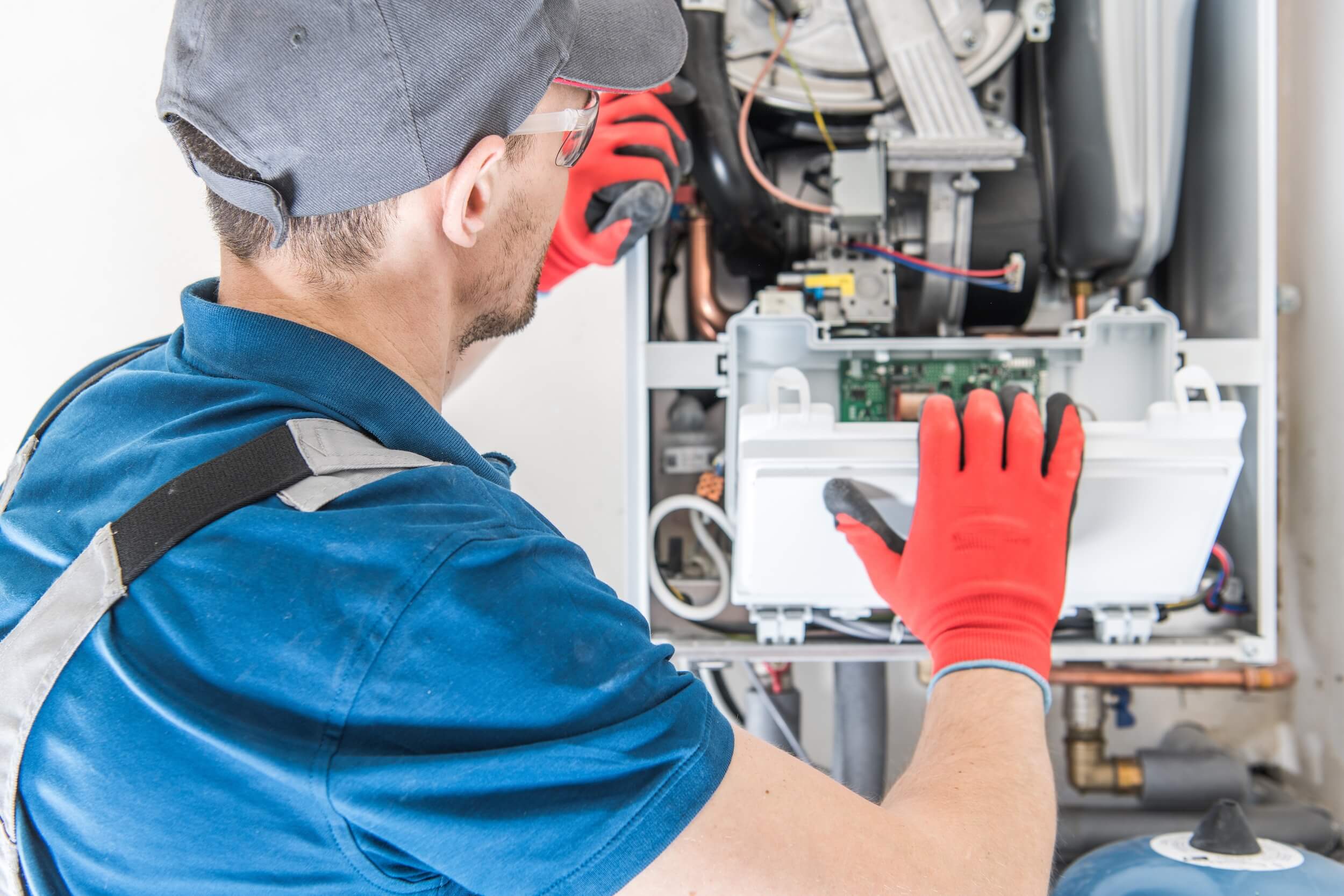Managing the Primary Water Heater Urgencies
Managing the Primary Water Heater Urgencies
Blog Article
Everybody may have their own individual piece of advice involving Is Your Water Heater Leaking?.

A water heater is one of the most vital fundamental appliances that can be discovered in a house. With water heaters, you don't need to go through the tension of heating water manually every single time there is a need to wash, do the laundry, or the dishes. There is constantly a possibility that your water heating unit would act up as with the majority of mechanical devices.
It is necessary to note any little malfunction as well as tackle it quickly prior to things get out of hand. A lot of times, your water heater begins to malfunction when there is an accumulation of debris as a result of continual usage. As a safety measure, regular flushing of your water heater is advised to stop debris accumulation and also avoid useful failure.
Common water heater emergencies as well as just how to manage them
Inadequate warm water
It might be that the water heater can't support the hot water demand for your apartment. You could update your water heating unit to one with a bigger capability.
Fluctuating water temperature level.
Your water heating unit could begin producing water of various temperature levels generally ice scalding or chilly warm. There could be a requirement to replace either the home heating or the thermostat unit of your water heating system.
Dripping hot water heater container.
In this scenario, you ought to turn off your water heating unit, permit it to cool down, as well as thoroughly look for the source of the problem. At times, all you need to do is to tighten up a couple of screws or pipeline links in cases of minor leaks. If this does not function and the leakage lingers, you could require to utilize the services of a specialist for an appropriate replacement.
Stained or odiferous water
When this takes place, you require to know if the issue is from the container or the water resource. If there is no amusing odor when you run cool water, after that you are particular that it is your water heater that is faulty. The stinky water can be created by rust or the buildup of microorganisms or debris in the water heating system storage tank.
Verdict
Some homeowners overlook little caution and minor faults in their hot water heater system. This just brings about more damage and also a feasible total malfunction of your appliance. You should deal with your hot water heater mistakes as soon as they come near prevent more costs and also unnecessary emergency problems.
With water heating systems, you do not need to go through the anxiety of home heating water by hand every time there is a requirement to take a bath, do the laundry, or the meals. It may be that the water heating unit can't sustain the warm water demand for your house. Your water heating system could start producing water of different temperature levels generally ice hot or cold warm. If there is no funny odor when you run cool water, after that you are specific that it is your water heater that is defective. The smelly water can be triggered by rust or the build-up of germs or debris in the water heating system container.
Common Water Heater Issues and What You Should Do
What Type of Water Heater Do You Have?
Before we begin it’s first important that you identify the type of water heater you have on your property. There are two main types of water heaters out there: conventional and high efficiency.
Both of these types of products typically use either gas or electricity to heat power. There are also solar water heaters that use a thermal collector on the roof or yard to heat the water.
While these models are not as common, they can cut heating costs in half. In this article, we will focus on conventional and high efficiency.
How Do My Electric and Gas Water Heater Work?
Though they look similar, electric and gas water heaters work very differently. It’s important to know their basic function because often problems can be specific to the heating source.
In the electric model, a thermostat on the side of the machine detects the temperature of the water in the tank. When the temperature needs to rise electricity flows to a heating element suspended in the water.
Gas models also use a thermostat device — typically with a mercury sensor at the tip and an additional sensor called a thermocouple. The thermocouple detects whether the pilot light is on and controls the flow of gas.
When the thermostat drops below the appropriate level gas is released which becomes ignited by the pilot light. The flame heats the bottom of the water tank which causes hot water to rise and cold water to drop.
This natural circulation continues until the water reaches the desired temperature. Then, the thermostat triggers the gas control valve to shut off the flow of gas.
What Are the Most Common Issues and How Do You Fix Them?
https://happyhiller.com/blog/common-water-heater-issues-and-what-you-should-do/

I stumbled upon that blog post on Common Hot Water Heater Problems when doing a lookup on the web. So long as you enjoyed our page if you please be sure to share it. I praise you for your time. Don't hesitate to stop by our website back soon.
Toilet overflow? Dial! Report this page